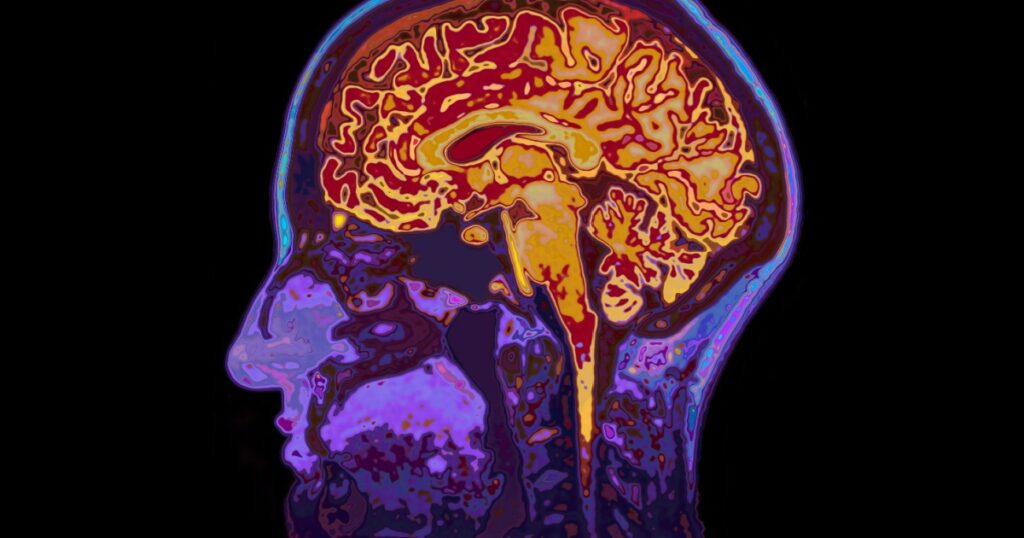As we age, there’s always the concern about cognitive decline with dementia and Alzheimer’s being main concerns for many. However, it’s important to recognize that not all cognitive impairments are from irreversible conditions. In fact, there are many treatable conditions that mimic dementia symptoms. Dr. Ardeshir Hashmi, a geriatrician from Cleveland Clinic’s Center for Geriatric Medicine, emphasizes the importance of thorough evaluation before jumping to conclusions about dementia. You’ll notice that the majority (if not all) of these causes are very much treatable.
1. Medication Mimicry

One of the most commonly overlooked causes of cognitive impairment is a medication’s interactions or side effects. Older adults are often taking multiple medications, and are particularly susceptible to situations that mimic dementia via drug toxicity in their meds. Dr. Hashmi explains that even long-term prescriptions can lead to issues from decreased kidney effectiveness and liver function with age.1
Read More: 10 Ways to Lower Your Dementia Risk
2. Respiratory Infections (including COVID-19)

Untreated infections, particularly respiratory infections like COVID-19, can mimic dementia, presenting symptoms like delirium. This one is a bit tricky due to how rampant COVID-19 has been (lest we forget), and the disease’s effectiveness makes it a huge overlapping factor for other infections and symptoms. This is further exacerbated by the fact that older adults may not exhibit classic symptoms, making diagnosis challenging.
3. Urinary Tract Infection (UTI)

UTIs are a common culprit that mimic dementia-like symptoms in older adults. If it gets bad enough and causes a kidney infection, then not only are the symptoms overlapping but they’re only going to get worse until you medicate properly. However, diagnosis can be tricky as warning signs may be altered or absent.
4. Sleep Problems or Disturbed Sleep

Disrupted sleep patterns or insomnia can be a result of actual cognitive symptoms. The tricky part is being able to properly identify the source. Older adults need to maintain a good sleep schedule and seek treatment if necessary.
Read More: The Startling Connection Between Bedtime and Dementia Risk
5. Dehydration

Dehydration is a common but often overlooked symptom that can mimic dementia in older individuals. Monitoring fluid intake and recognizing signs of dehydration are crucial for prevention and treatment.
6. Normal Pressure Hydrocephalus (NPH):

NPH is a treatable condition of an over-accumulation of cerebrospinal fluid in the brain, leading to cognitive problems. Despite its potential for improvement with treatment, it is frequently misdiagnosed as other neurodegenerative disorders as these symptoms mimic dementia.
The Bottom Line

While concerns about dementia are valid, it’s also important to consider other potential causes of cognitive decline, especially those that are reversible. Having more comprehensive evaluations to accurately diagnose underlying conditions will help individuals navigate and receive appropriate care tailored to their actual needs. Since all of the above symptoms mimic dementia, Dr. Ellison emphasizes, “Everyone deserves a good workup to identify treatable and reversible conditions”.
Read More: There Are 8 Kinds of Dementia. Here’s How to Recognize Them, According to Experts

